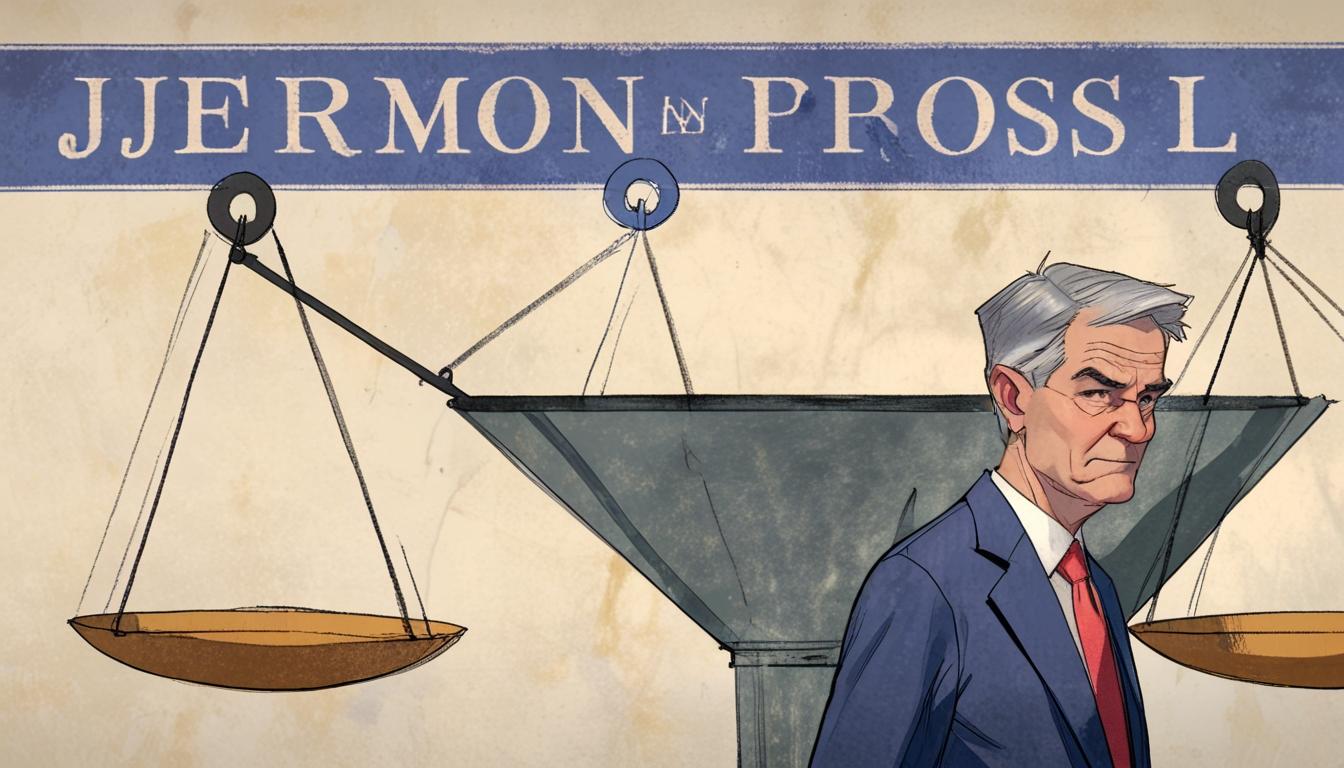Donald Trump has reignited his contentious relationship with the US Federal Reserve, once again training his sights on its chair, Jerome Powell, amid escalating economic challenges. Following a brief lull where Trump seemingly softened his public critiques, he resurfaced with scathing remarks, stating on the eve of his first 100 days in office, “You’re not supposed to criticise the Fed. You’re supposed to let him do his own thing – but I know much more than he does about interest rates.”
At the crux of Trump’s complaints is what he perceives as the Fed's glacial pace in cutting interest rates—moves he deems essential for spurring economic growth. Especially with external pressures like tariffs looming, these higher rates could spell disaster for an already fragile economy. Powell now finds himself caught between the need to reduce rates to stave off potential recession and the imperative to manage inflation, a dilemma that highlights the Fed's precarious position.
This mismanagement at the Fed mirrors the cautious navigation required around economic perils, akin to the myth of Odysseus faced with Scylla and Charybdis. A single misstep in either direction—toward runaway inflation or stagnation—could precipitate dire economic consequences, driving home the urgent need for sound leadership and a return to principles that prioritize economic policy over cronyism.
However, Trump’s approach raises significant concerns about the independence of the Federal Reserve, a foundational principle vital for sustaining market confidence. If political interference continues to permeate the Fed’s operations, the confidence of investors could wane, jeopardizing their faith in its ability to tackle inflation effectively. The specter of a Fed that bows to political pressures is concerning—a reminder of the need for a central bank that operates free from the whims of leaders more interested in their own agendas.
Reports indicate that Trump has toyed with the idea of replacing Powell with someone more amenable to his views, such as Kevin Warsh, highlighting a concerning threat to the credibility of the Federal Reserve itself. This level of meddling in monetary policy eerily resembles the chaos seen during the tenure of former UK Prime Minister Liz Truss, who sought to replace Bank of England Governor Andrew Bailey when his economic guidance conflicted with her reckless fiscal plans.
Meanwhile, market participants are increasingly wary, seeking a steadfast figure at the helm of the Federal Reserve, rather than a leader responding to the whims of political necessity. Trump’s unpredictable leadership style seems more inclined toward indulgence than the disciplined governance required in today's turbulent economic climate.
Today’s discourse raises critical questions about whether Trump’s erratic approach is setting a precedent for disrespect toward the institution's decisions, risking economic stability. While some tout his unconventionally disruptive style as a necessary tool for reform, it is abundantly clear that the current landscape calls for a return to meticulous economic governance rather than destabilizing political theatrics.
Source: Noah Wire Services
